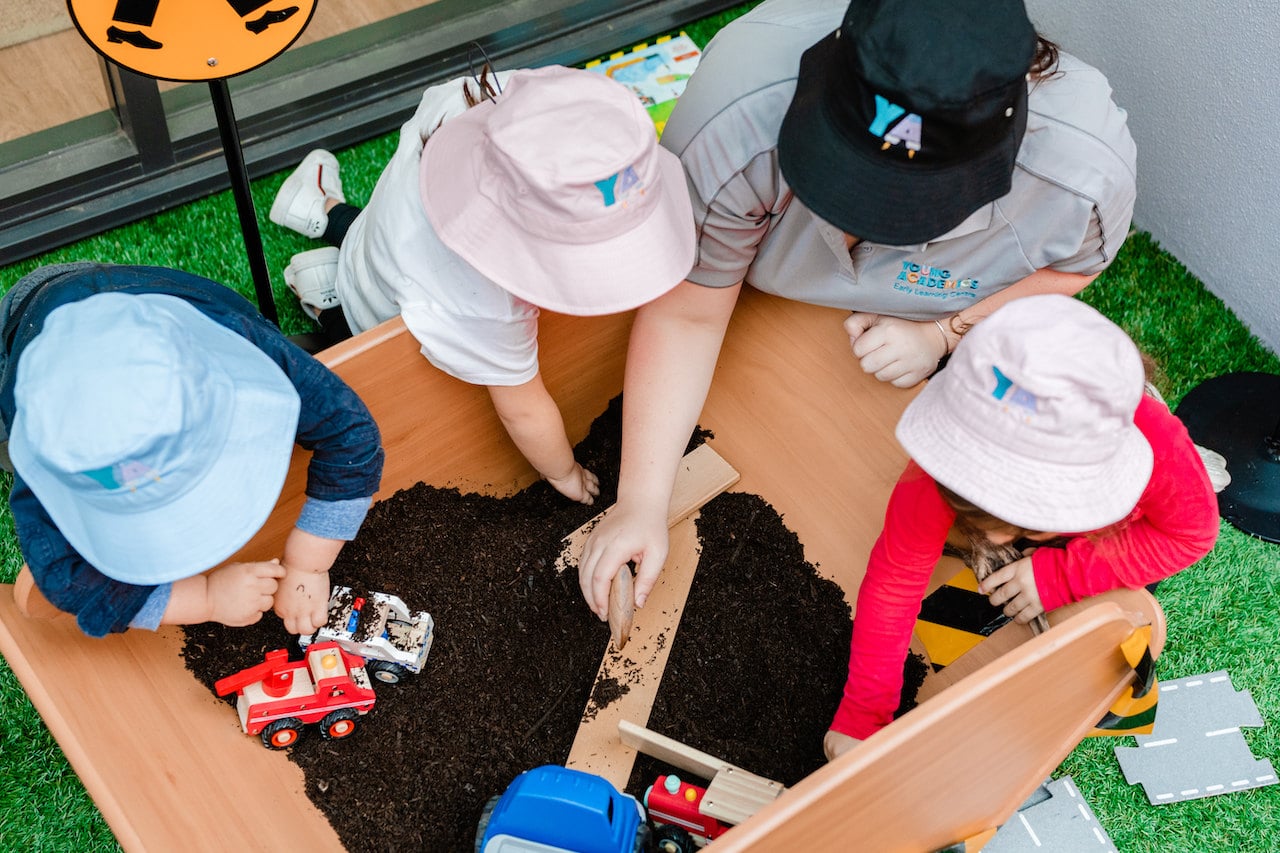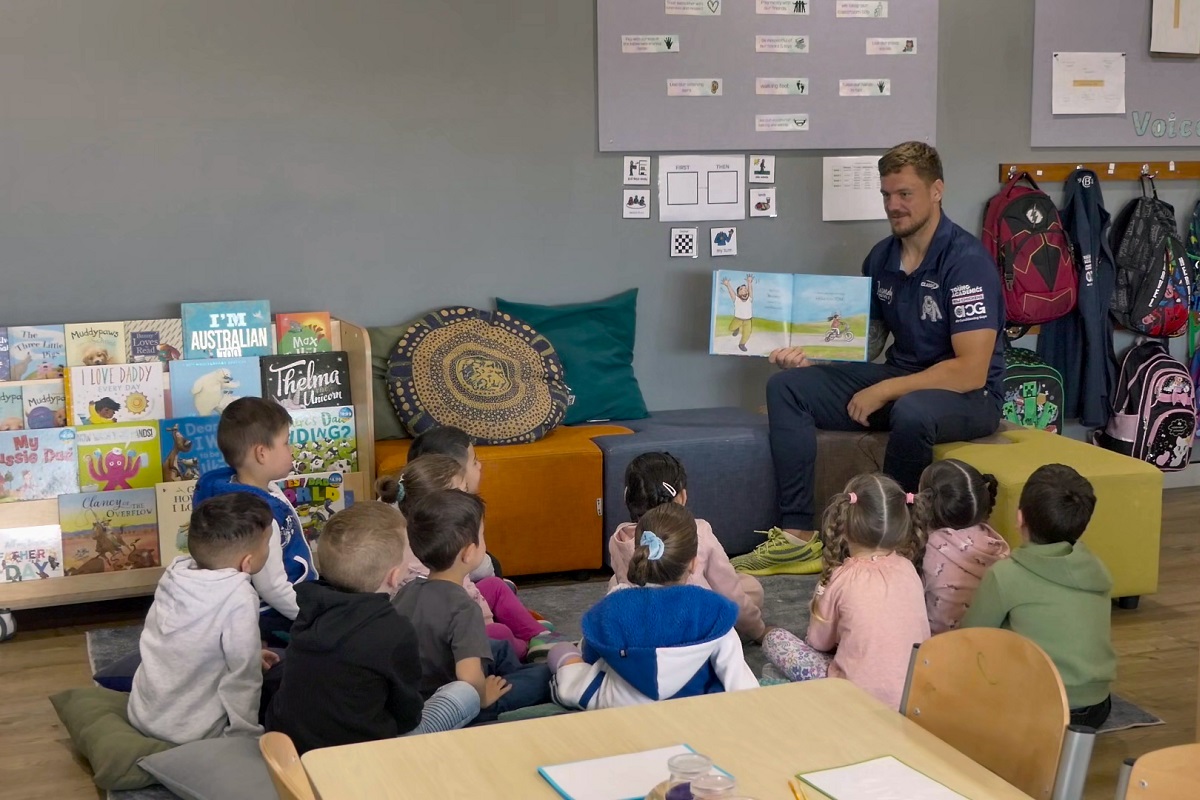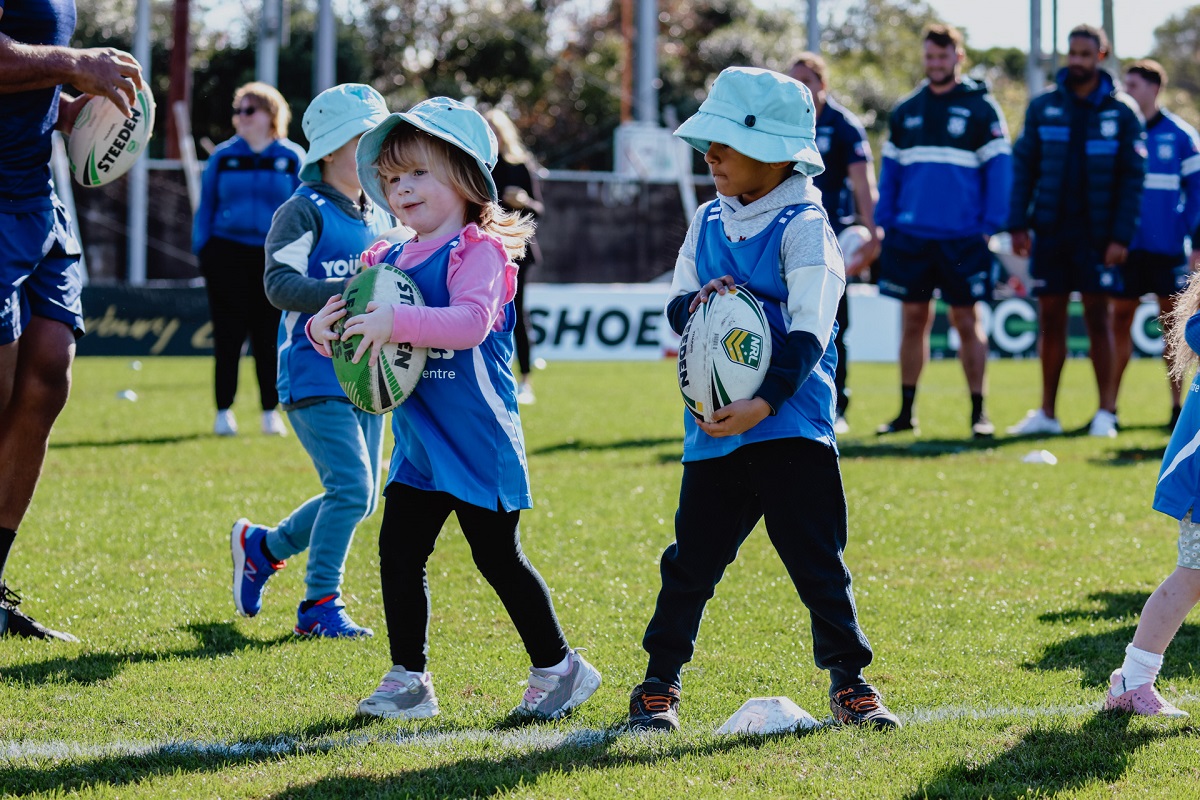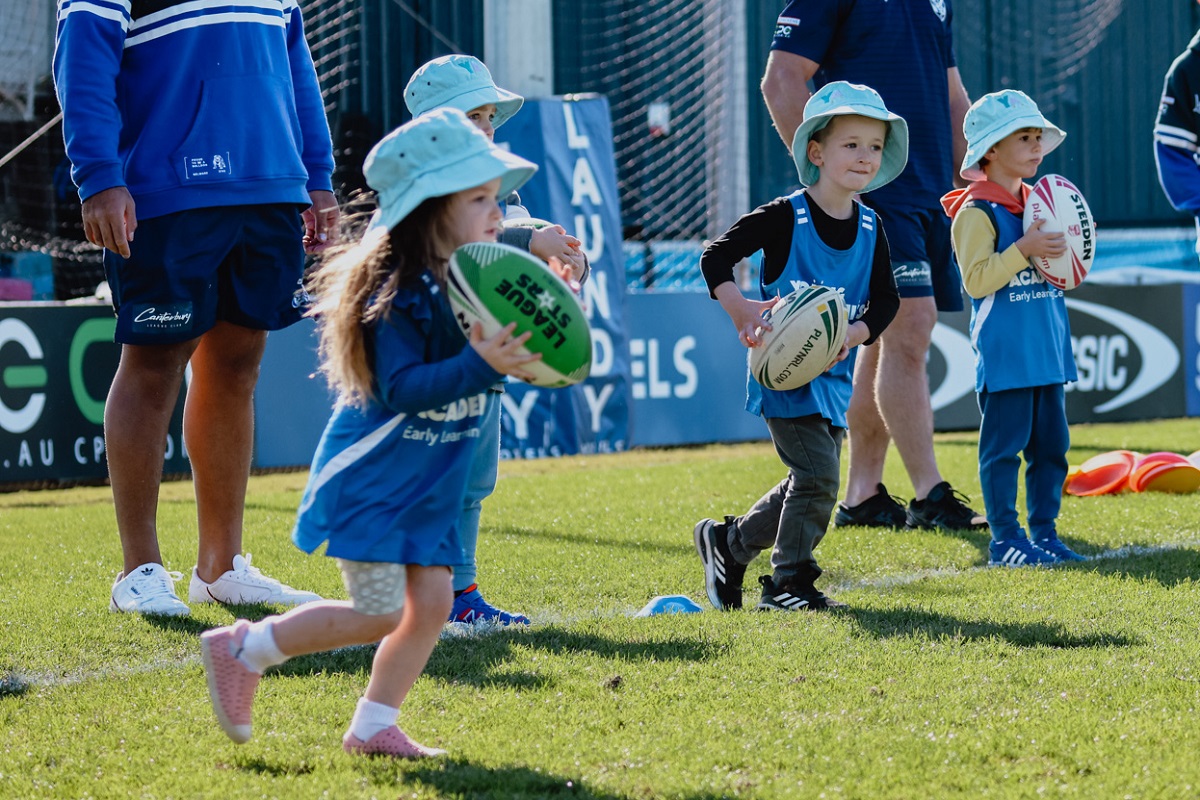Your child’s development is one of the most important things in the world. A child’s development can determine their path in life, the career they choose, how they deal with situations both professionally and personally and what their ultimate experience is. This is why its incredibly important that you not only love and care for your child but, that you do everything in your power to ensure that they can develop properly and according to their age.
Child development encompasses many different stages as a child gets older and experiences more of life. Within these stages, your child will grow in many different areas including socially, emotionally and cognitively. One of the areas impacted is how your child plays. There are different stages of play in your child’s development and each stage impacts your child differently.
Stages of play in social development was first researched in 1932 by Mildred Parten, who discovered that a child’s social development was reflected in the way that they play. Additionally, she found that once a child was able to play at a specific stage, he/she also used variations of stages before.
Why are the stages of play in child development important?
If you have a child, it’s important for you to know what the stages of play are according to your child’s development. This is because it can assure you that your child is developing at a progressive rate or it can warn you if there are social issues on the horizon.
Additionally, you’ll know how to facilitate your child’s play in his/her development by understanding what they will be interested in or what will help their development progress. It’s important for a parent to play an active role in a child’s development.
Stages of Play in Child Development
Unoccupied Play
- 0 – 3 months
Your child actually starts observing from birth! Though your baby may just be observing, they are still developing from it. It may seem that they are randomly gesturing or moving for no purpose, but it is actually their attempt to start playing and observing their surroundings. They are trying to learn about their environment and discover their body.
There aren’t many games that you can play with your child at this point, however, you can bolster their learning and development by giving them access to child-friendly household objects.
Solitary Play
- 3 months – 2 years
Your child will play alone at this stage. They may be quietly playing in a corner with a singular toy by themselves and will not engage with any other children, even if they are nearby. It’s an incredibly important stage and allows the child to become comfortable with themselves.
Again, there aren’t any games that you can play while your child is in the “Solitary Play Stage”, however you can facilitate their observation by surrounding them with playing blocks and colourful pictures.
Onlooker Play
- 2 years
At this stage, your child will begin to observe other children instead of just playing themselves. They may question children about what they’re doing but, they will never join in the play. It’s particularly common in children who are more extroverted and is a largely inactive stage.
This is yet, another stage where you cannot play with your child, however, you can demonstrate play (your own version of play such as gardening, dancing or reading) or present opportunities for your child to observe other children (play dates or going to a park).
Parallel Play
- 2+ years
At this stage, your child will play alongside other children but will not play with them. Part of learning to play is learning to play with other children. This is the last stage before your child joins in and connects with another child while playing.
We recommend separate toys that can easily be shared in order to avoid toddler breakdowns. It may also be helpful to build your children a fort or provide them with stacking and sorting blocks.
Associative Play
- 3 – 4 years
This is the first stage where your child begins to connect and play with other children. They become more interested in other children rather than the toys and will start learning how to get along and play with each other. They also engage in activities with other children that have a common goal, such as building a playhouse. This stage lays the foundation for cooperation, problem-solving, and language in children.
Allow your child to play with child-safe art supplies or building blocks. At this age, they can handle smaller materials like those that are present in art supplies and will enjoy working towards a common goal with another child, like when they are building a blockhouse.
Social Play
- 4+ years
In the last and final stages, adult-like socialisation occurs. Your child will begin to share ideas, follow rules and guidelines and will begin to take on roles in the game. Children learn to work as a group and cooperate with each other. In this stage, they learn to socialise, interact and communicate.
Allow your child and his/her friends to take part in team sports like soccer or to put on a show. These are group activities that require cooperation, communication and planning.
Please note that this is just a guide as to how your child may develop. If your child does not meet every age mentioned in this article but, develops at a reasonable rate then, don’t worry! Each child is unique and will develop accordingly.
Our licensed and professional staff are dedicated to ensuring that your little one is kept healthy and secure during his or her time at Young Academics. For more information about our childcare centre, contact us today on 1300 668 993.



 BACK
BACK



